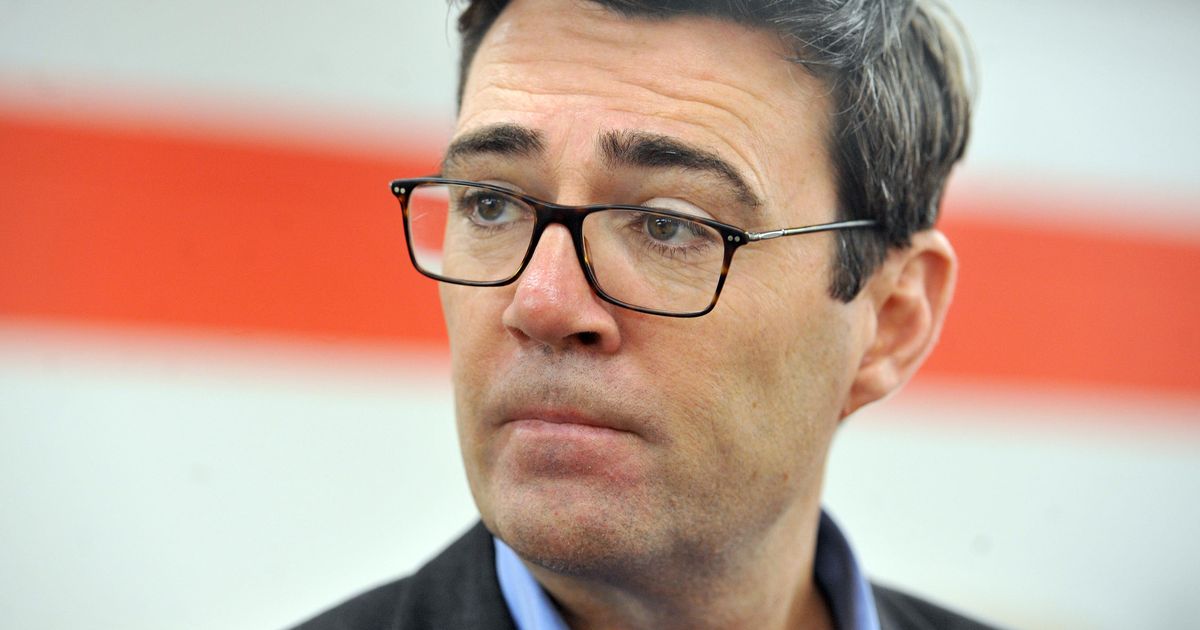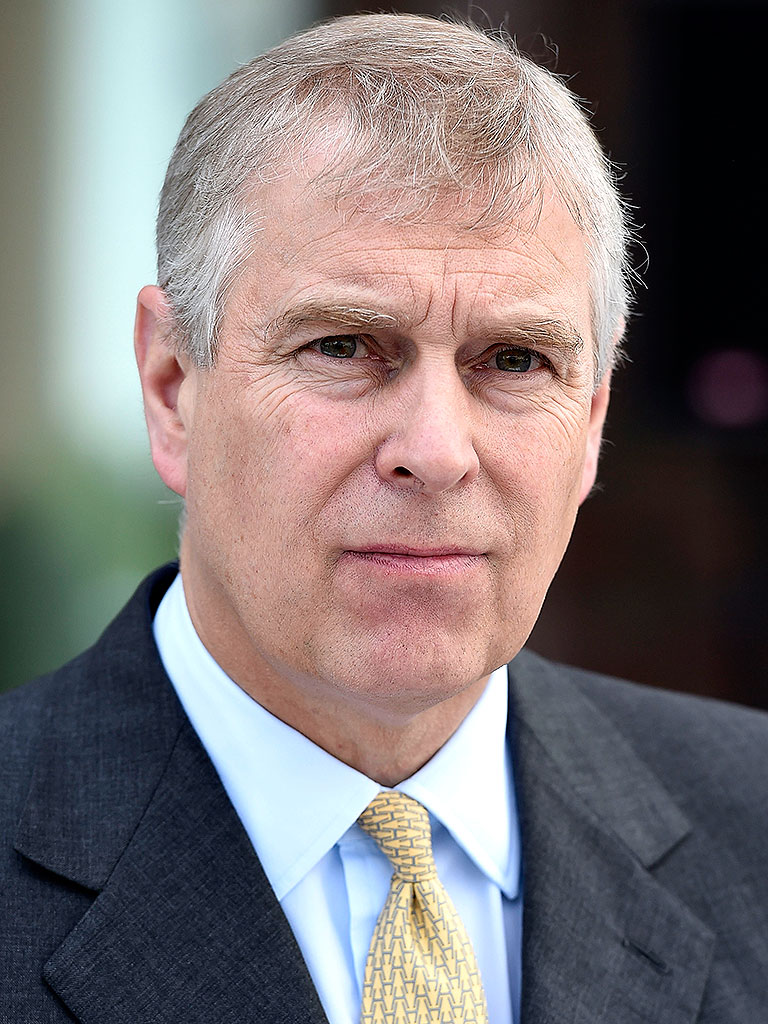As Europe confronts increasingly complex challenges, from climate instability to technological disruption, conversations around the future of higher education are gaining urgency. The current academic structure, long centred on traditional single-subject degrees, is being questioned for its ability to prepare students for a world that rarely conforms to disciplinary boundaries.
The standard university model often encourages deep expertise in a narrow field. While this approach remains valuable, it can also leave graduates unprepared to tackle multifaceted problems that demand collaboration across sectors and a breadth of knowledge. Today’s employers consistently report a growing need for graduates who not only possess technical skill, but also critical thinking, adaptability, and the ability to work across disciplines.
In response to this shift, educational institutions across Europe are beginning to re-evaluate how knowledge is structured and delivered. Interdisciplinary programmes are emerging as a promising alternative, offering students the chance to engage with global challenges from multiple academic angles. These programmes aim to equip graduates with the tools to understand and act on complex systems, an essential capacity in fields such as sustainability, global health, and digital ethics.
One institution that has drawn attention for its innovative approach is based in London. Rather than requiring students to commit to a single discipline, its undergraduate curriculum is structured around real-world problems. Students explore issues like social inequality or misinformation through a mix of data science, behavioural theory, and philosophical inquiry. The objective is not to produce generalists, but rather to cultivate individuals capable of integrating ideas across fields, a skill increasingly vital in today’s job market.
While still relatively new, this model reflects broader shifts in European education policy. Initiatives like the European Skills Agenda and the Digital Education Action Plan highlight the importance of transferable skills and lifelong learning. A modern undergraduate degree must now prepare students not just to contribute within a single sector, but to move fluidly across industries and roles.
In practice, this kind of interdisciplinary education often includes collaboration with external organisations. Students are exposed to practical challenges from businesses, government agencies, and non-profits, gaining experience that bridges academic theory with real-world application. This hands-on element not only deepens learning but also helps graduates develop the professional confidence needed to navigate complex work environments.
Although institutions like the London Interdisciplinary School (LIS) are still relatively rare, their emergence signals a growing awareness that traditional academic structures may no longer be sufficient on their own. By designing undergraduate experiences that reflect the interconnected nature of global challenges, these institutions offer a potential blueprint for educational reform across Europe.
Of course, implementing such models at scale will not be without challenges. Universities must reconsider long-established frameworks for teaching, assessment, and departmental organisation. Faculty must be prepared to collaborate across disciplines, and students must be supported as they develop the resilience and flexibility to thrive in less conventional learning environments.
Nonetheless, the benefits are difficult to ignore. As Europe seeks to build a more inclusive, innovative, and sustainable future, its higher education systems must evolve accordingly. A reimagined undergraduate degree, one that values interdisciplinary thinking and practical engagement, has the potential to produce graduates better equipped for the world they are entering.
In an era defined by rapid change and global uncertainty, the ability to think across boundaries is no longer optional. It is essential.
Photo by Kenny Eliason on Unsplash























